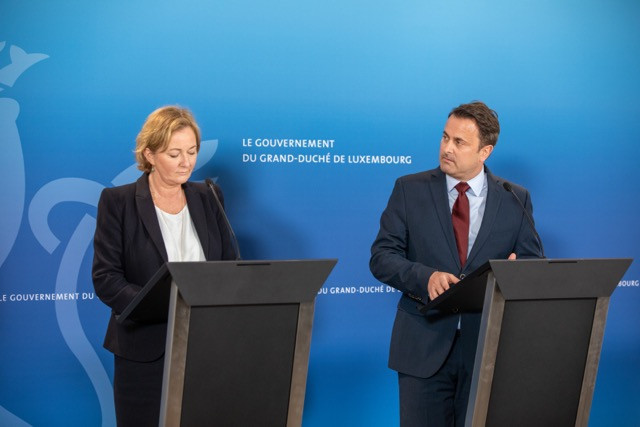Let’s admit when we get things wrong
I was among the sceptics who, privately, dismissed those on social media who were warning (some rather hysterically) of the serious consequences Europe would face as a result of the spread of coronavirus. Many of us got it wrong, though did not allow our convictions to get in the way of doing our job of reporting the facts as reliably as possible.
Media message needs to be measured and factual
Misleading headlines claiming Iran had tested 82 million people (since changed to the more ambiguous “verify”) and suggesting the Luxembourg government is at fault for not following suit are dangerous and incited one reader on social media to make the libelous suggestion that the Luxembourg government is corrupt. And when a journalist like Robert Peston posts on Twitter that he had been privately briefed by British government sources that the over-70s in the UK would be forced to self-quarantine for 3 months, it created confusion because no official message had been relayed by Boris Johnson’s government. Talking of which…
Sober and transparent leadership is required
The Luxembourg government acted too late in announcing the shutting down of public life on Sunday evening, when neighbouring Belgium had already taken the lead on Friday. Indeed, interim prime minister of Belgium, Sophie Wilmès, has been garnering praise for her cool but responsible leadership over the last week.
But Luxembourg’s Xavier Bettel, in regular press briefings, has also eschewed some of the more animated responses for which he has become renowned. Health minister Paulette Lenert, just weeks into the job, has handled the situation with serious professionalism and refused to speculate on any prognosis, thus avoiding both unnecessary panic and complacency.
And economy minister Franz Fayot, family minister Corinne Cahen and small and medium size business minister Lex Delles have all set about implementing measures that can hopefully help parents and employers get through the first few weeks of the lockdown--though hopefully there will be more to come to assist those small businesses that are going to suffer significantly from a lack of custom.
Compare this to what seems to be a rather dismissive Dutch leadership, or the totally mixed policy and often opaque messages coming from Downing Street and the White House, and I think we can agree the coalition’s initial report card be marked as “good work, can do better”.
Racism is alive and well
How else to explain the sudden lack of custom at Asian restaurants in Luxembourg city over the last two weeks? The popular Saturday lunchtime buffet at the Ming Dynasty on 29 February saw just two other tables occupied. The equally popular Mr Mai Vietnamese restaurant in Bonnevoie on 12 March was also empty of custom (and had been for over a week, the owner told us). Meanwhile, neighbouring Italian restaurants remained packed with happy diners.
Teleworking is a more than viable option
Smart businesses and institutions had been preparing for the worst by setting up the technology that allowed them to implement recommended, or in some cases obligatory, working from home policies well before Sunday’s lockdown was announced. This could be a game-changer in the way we work in future.
Luxembourg’s reliance on the greater region workforce is an issue
Xavier Bettel got it right when he said on Thursday that closing Luxembourg’s borders was simply not an option because 70% of those working in the medical profession are cross-border workers. Even after this reminder, some commentators were still asking why the borders had not been closed. But the situation has again underlined the grand duchy’s reliance on workers from Germany, Belgium and France. It raises questions surrounding housing prices, training and education and career advice, and language skills.
